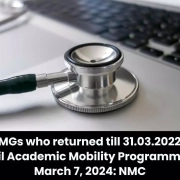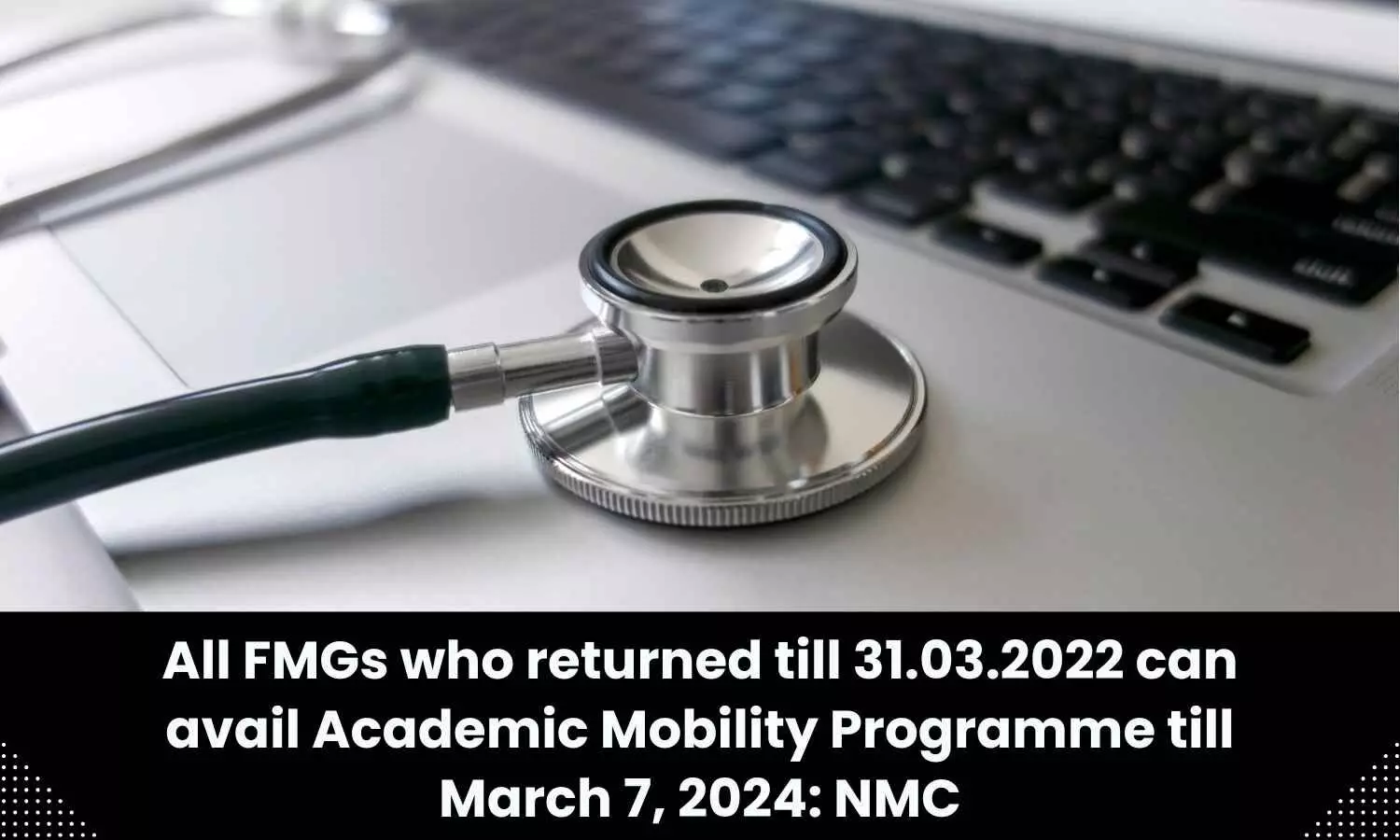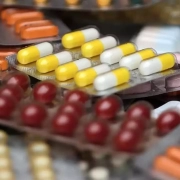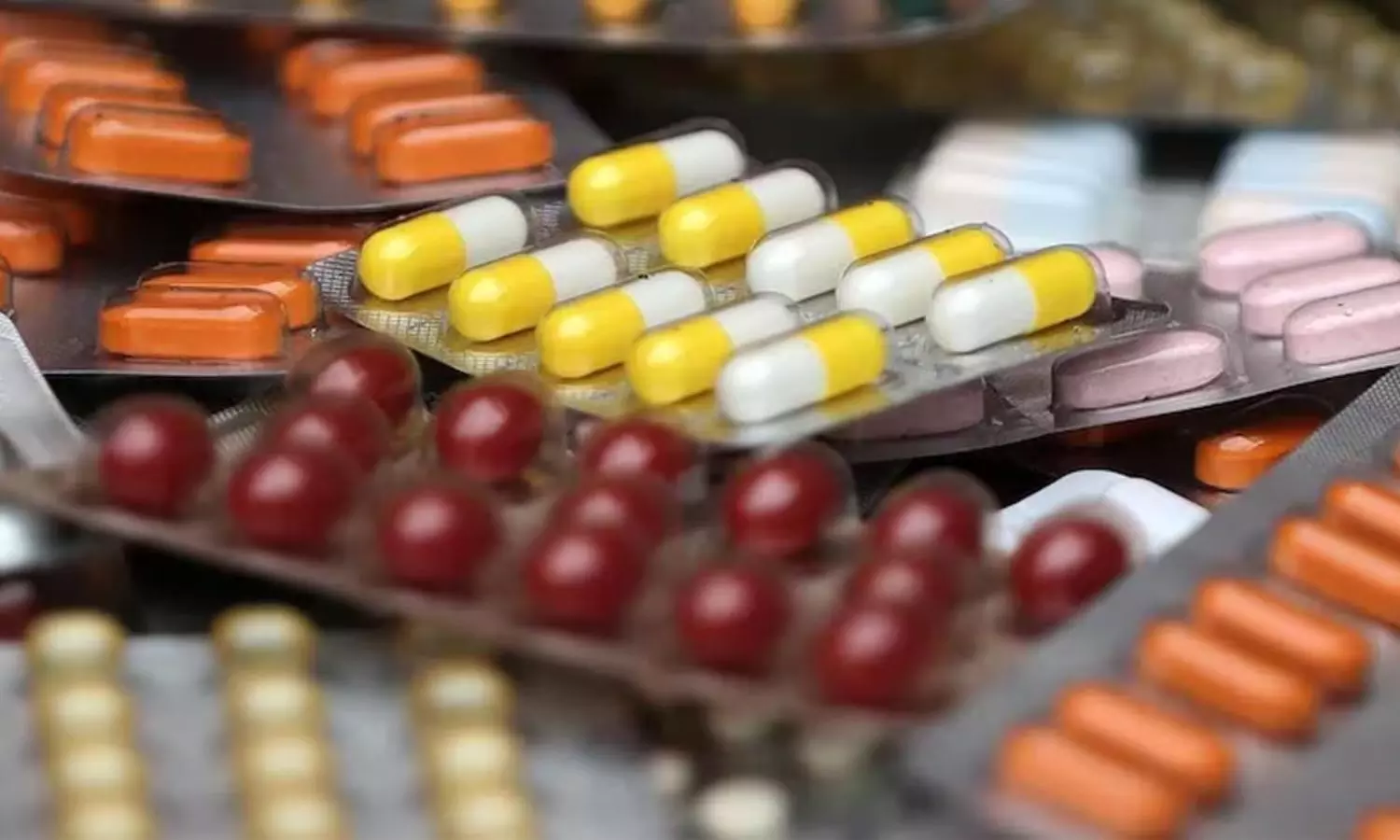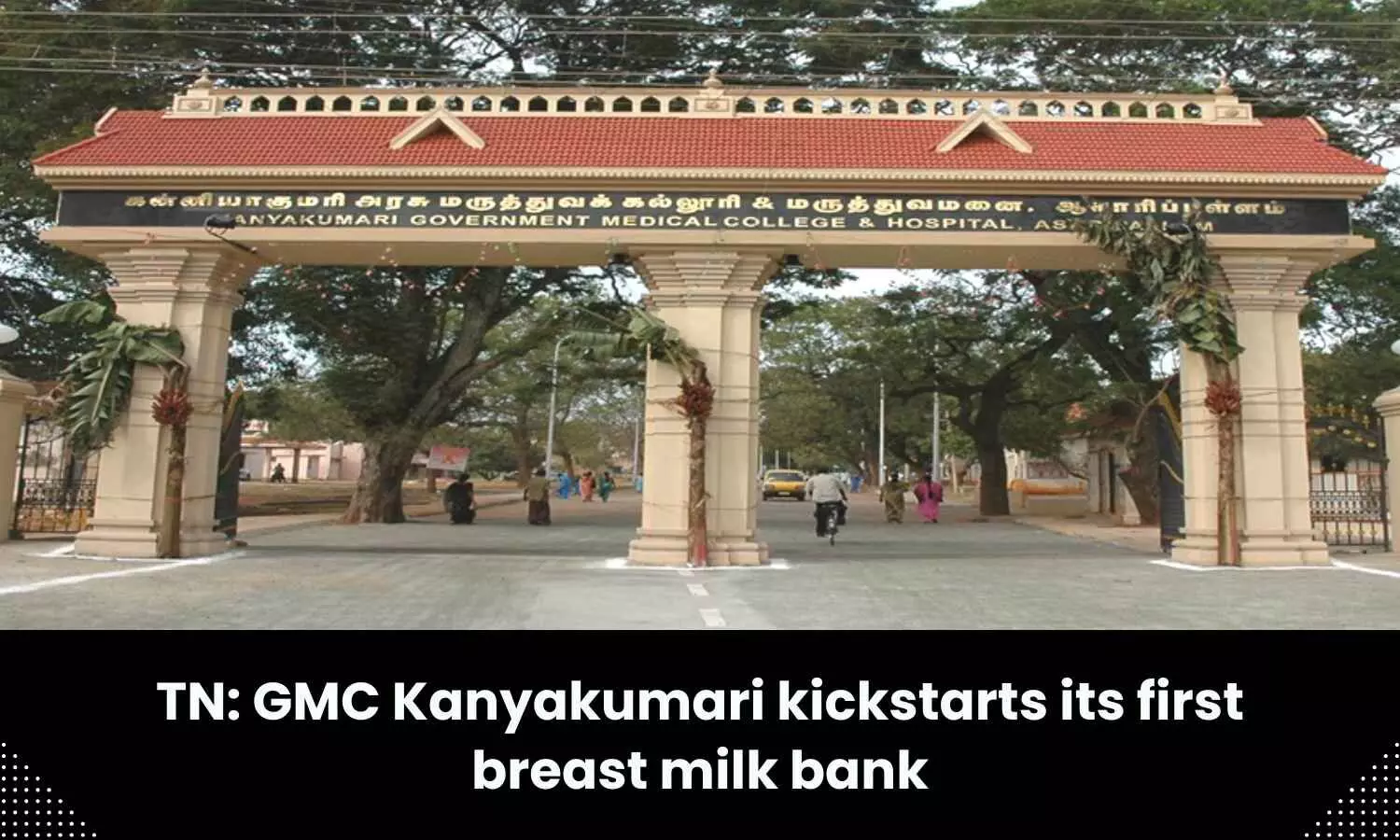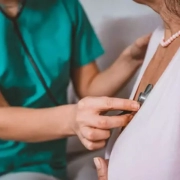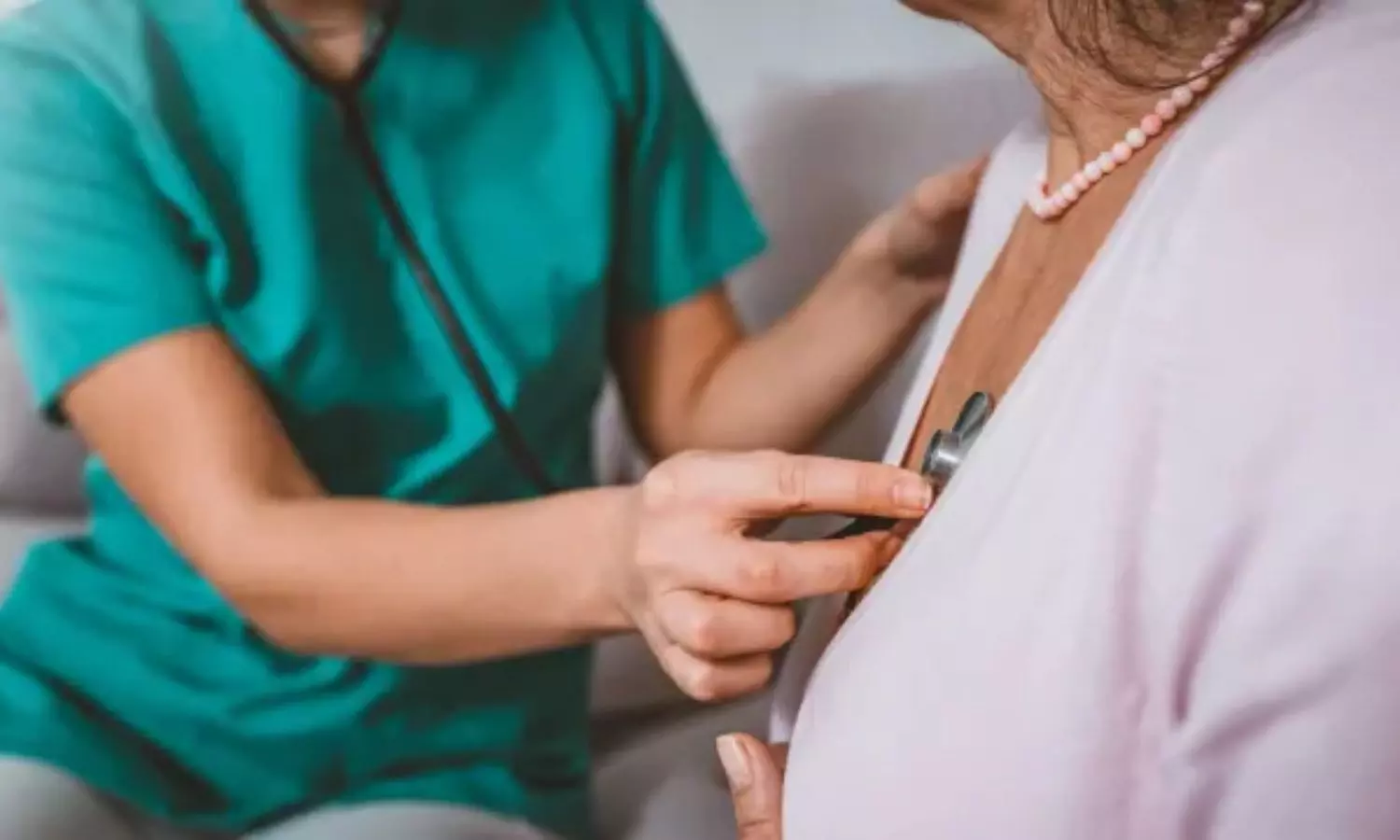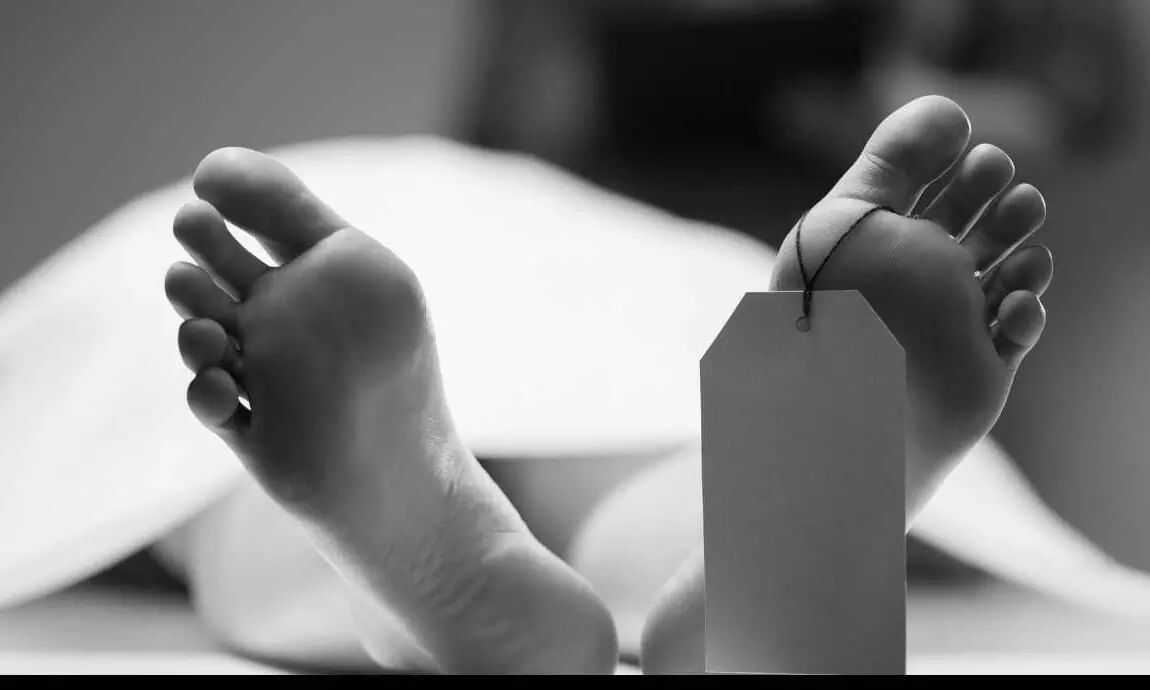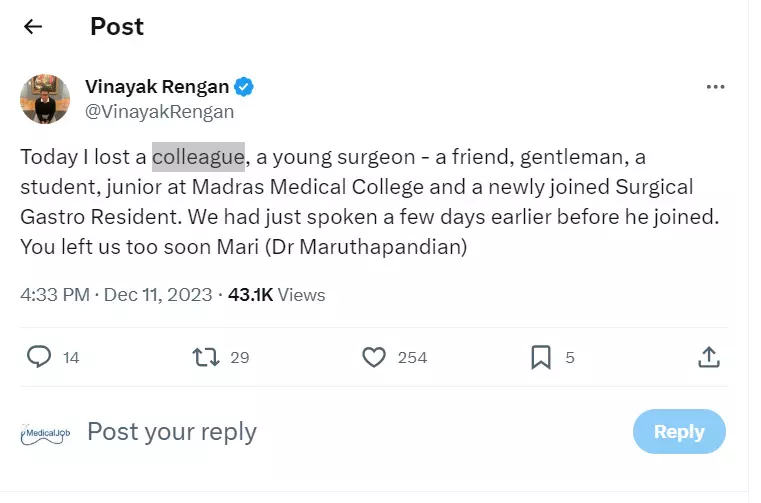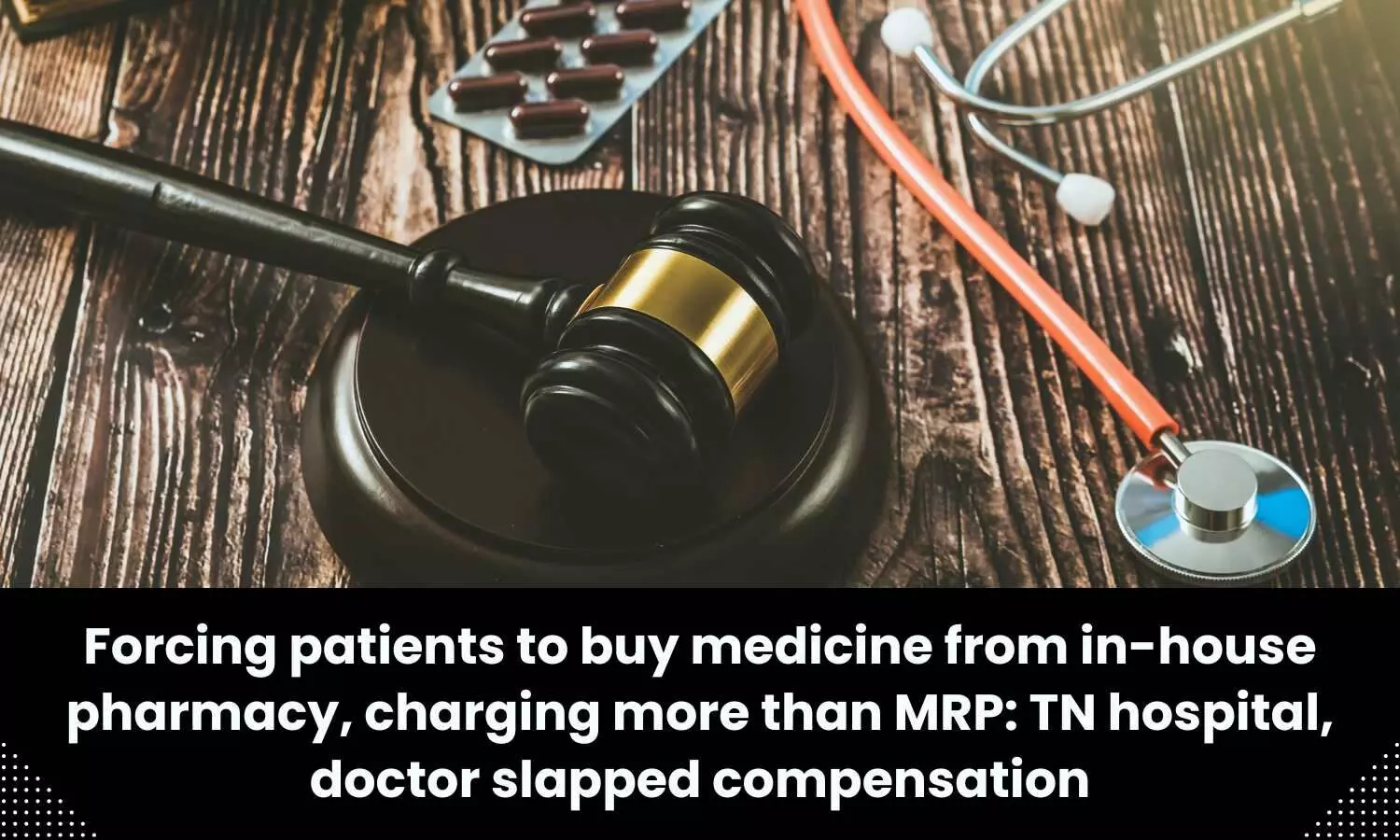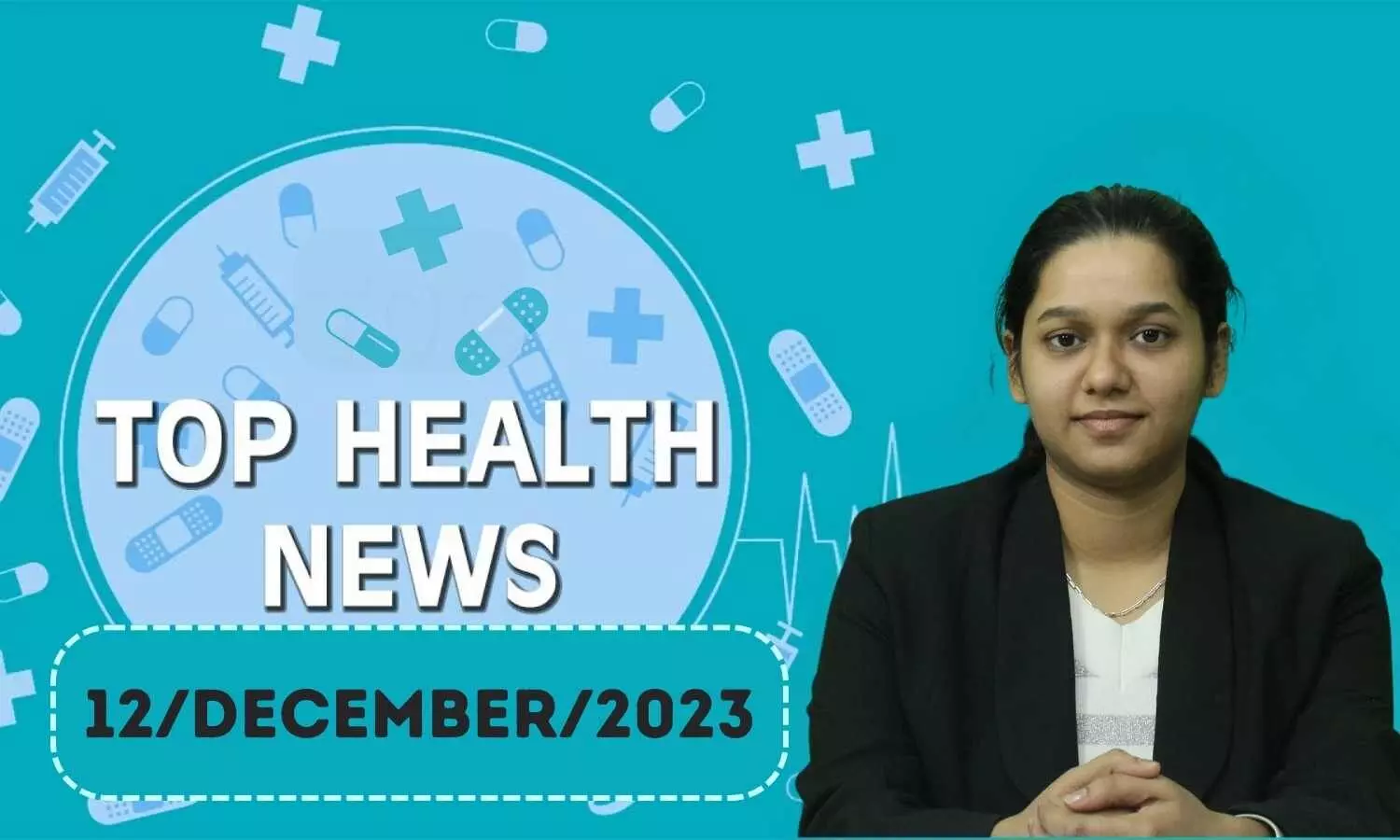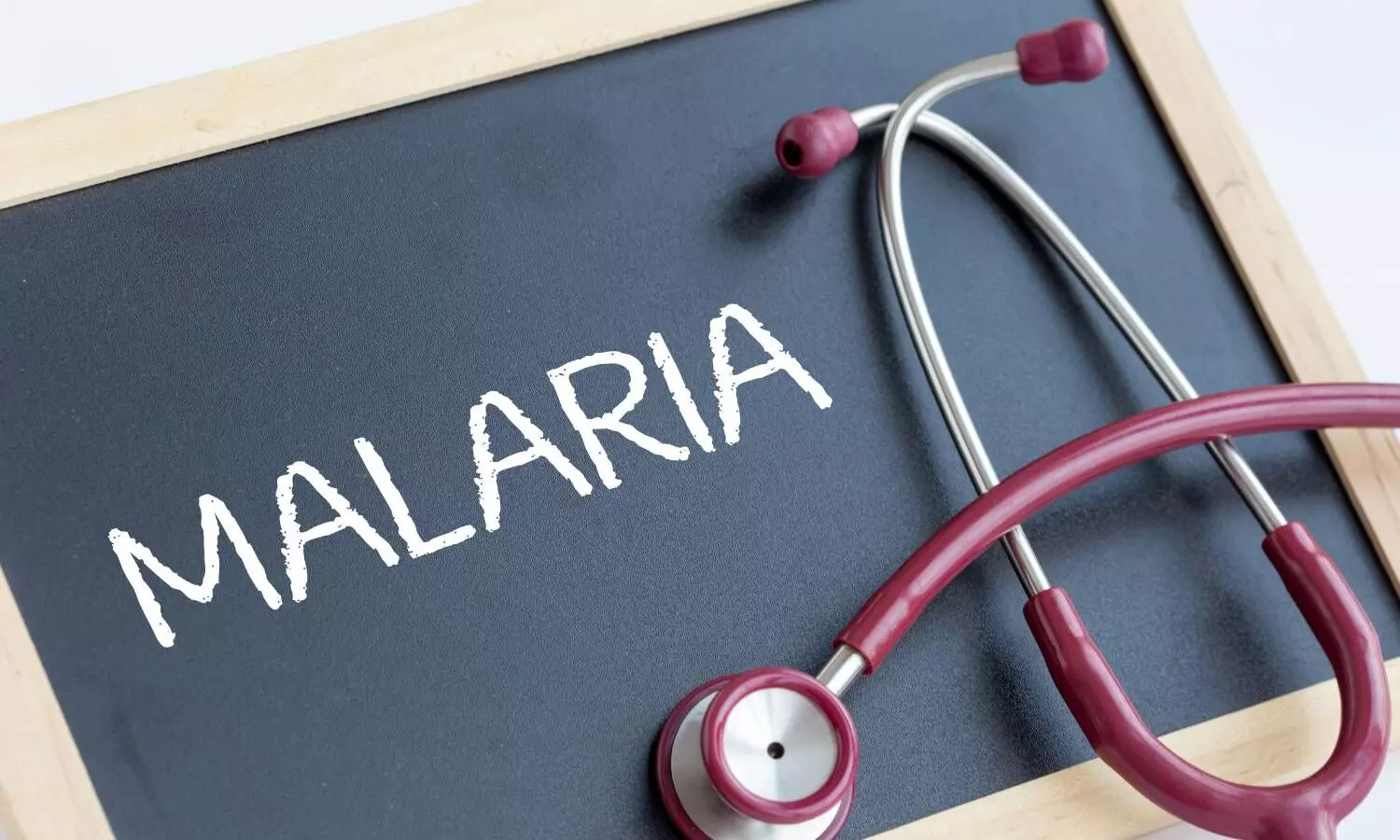Does Drinking Adequate Water Improve Your Sugar Levels? – Dr Kaushik Hazra

Water is vital for the living, especially humans. Water makes up most
of your body and is essential for many everyday critical bodily functions,
including regulating your body temperature, aiding your brain function,
eliminating waste, and carrying nutrients and oxygen across your body.
Every
person needs to consume a certain amount of water to ensure the smooth and
efficient functioning of the body. However, an alarming number of Indians are
constantly dehydrated, which affects their health.
When your water intake is lower than your body needs, it affects your
brain, kidneys, digestive and urinary systems and most importantly, your blood.
When you do not drink enough water, your blood will be more concentrated,
affecting your sugar levels and overall health. And if you have diabetes, the
concentrated blood will report a higher amount of glucose per deciliter of
blood when measured.
Now let us see how dehydration affects your blood sugar levels:
Mild Dehydration causes a quick but minor increase in
your blood sugar levels. However, even this spike negatively affects your
overall diabetes health.
Sudden Dehydration causes a significant spike in your blood
sugar levels that instantly affects your ketone levels, causing an increase in
diabetes.
Severe Dehydration causes a gradual increase in your blood
sugar levels, escalating your ketone levels and may lead to diabetic
ketoacidosis.
Unfortunately, not many of you know that sipping coffee and having
beverages does not add to your overall water intake, even though it may seem
so, as the caffeine content in coffee is known to increase insulin resistance.
At the same time, beverages are loaded with chemicals that also affect insulin
resistance. On the contrary, unsweetened traditional beverages are a great way
to stay hydrated. However, nothing beats the good-old hydrating option – water.
As a healthcare practitioner, I come across many patients with
ill-formed water-drinking habits. So, I recommend they inculcate certain
must-dos in their daily routines and learn to rehydrate themselves.
Set Water Routine
According to Ayurveda, drinking a glass of warm water upon waking up
and before sleeping aids digestion and sleep while keeping you active during
the day.
Energize Your Water
As some of you feel water is too bland, make your water more
interesting; add sliced lemon, fruit pieces and herbs to infuse it with flavor
and minerals.
Schedule Hydration Breaks
Just as you take tea or bathroom breaks, you must schedule hydration
breaks to drink some water mindfully for a few minutes.
Carry a Reusable Bottle
Keeping a reusable and measurable water bottle with you throughout the
day is a visual reminder to drink water and helps track your water intake.
Think Beyond Water
Water hydrates; however, many other drinks hydrate equally well.
Alternating milk, coconut water, and tea to increase fluid intake is a good
idea.
Include Water-Rich Food
It is effortless to include greens, vegetables, and fruits high in
water in your diet through salads and smoothies to keep you hydrated.
So, the real crux is that adequate water intake is essential to good
health. So, talk to your doctor to understand how much water you should drink.
Once you know this, prioritize water to improve your blood sugar levels and
overall health.
Powered by WPeMatico


